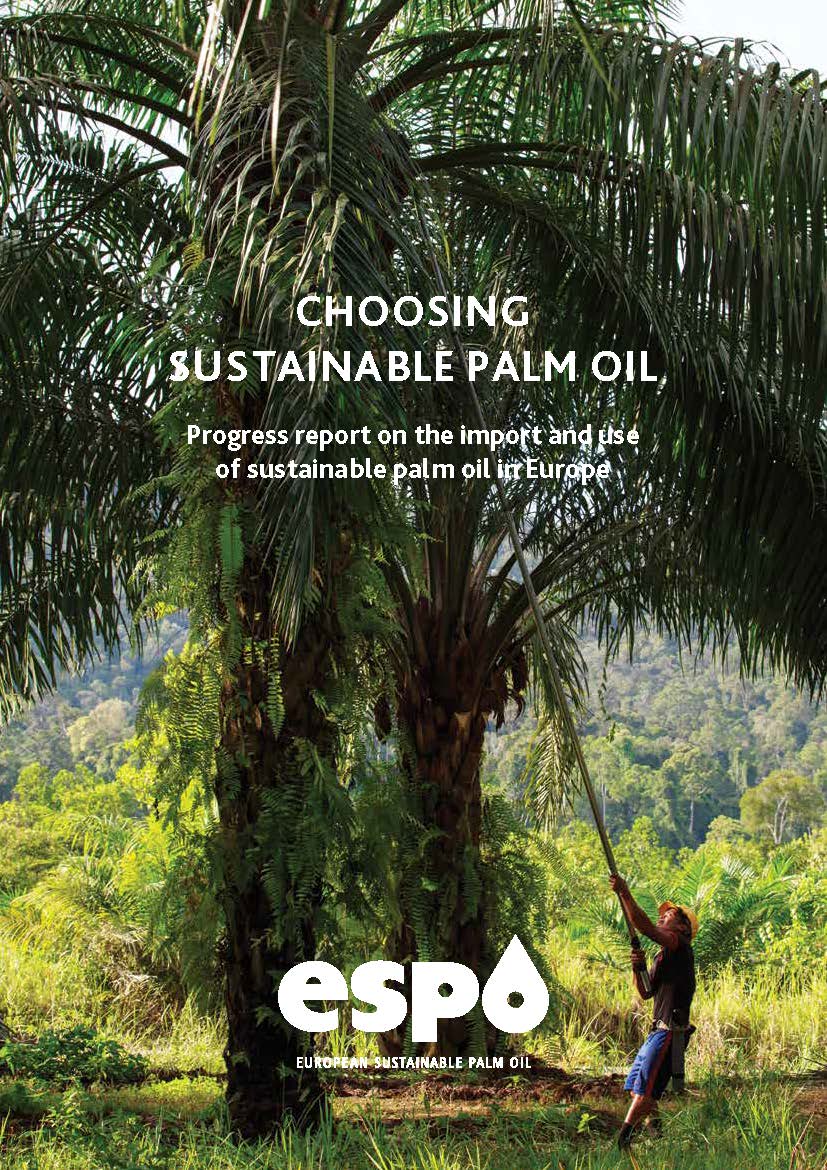 Palm oil plays a big part in our day-to-day lives, and the demand for the world’s most versatile vegetable oil is showing an increase for years already, as is supply. With this economic growth comes the increased risk of unsustainable production processes demolishing tropical forests and peatland, and unethical practices threatening livelihoods of smallholders and surrounding communities.
Palm oil plays a big part in our day-to-day lives, and the demand for the world’s most versatile vegetable oil is showing an increase for years already, as is supply. With this economic growth comes the increased risk of unsustainable production processes demolishing tropical forests and peatland, and unethical practices threatening livelihoods of smallholders and surrounding communities.
We in Europe, as the second largest global importer of palm oil have an important role to play by ensuring 100 per cent of the palm oil in the products we manufacture, and use is certified sustainable.
To this end IDH (The Sustainable Trade Initiative) and MVO (The Netherlands Oils and Fats Industry) established the European Sustainable Palm Oil (ESPO) project in 2015 — unifying supply chain actors across Belgium, Denmark, France, Germany, Italy, the Netherlands, Norway, Spain, Sweden and the United Kingdom and working with governments and trade bodies to develop specific action plans to achieve 100 per cent certified sustainable palm oil in Europe by 2020. Three years in, and two years from our goal, how are we faring?
The overall prognosis is encouraging: 99 per cent of palm oil entering Europe is now traceable to oil mill level. Over 84 per cent of all palm oil is covered by company sustainability policies that focus on ‘No Deforestation, No Peatland and No Exploitation’. And, 74% of palm oil imported for food into Europe was RSPO certified sustainable palm oil.
Nonetheless, to reach the 2020 target, we urgently need to dial up the demand for sustainable palm oil throughout the value chain. Therefore, we all — private sector, governments, and NGOs — need to step up our action to achieve this goal. Calling for a ban on palm oil will not stop deforestation. It does not help to improve livelihoods of farmers. But we can strive to improve both landscapes and livelihoods by championing more ethical production.
We have two years left to achieve a 25 per cent increase in the import of sustainable palm oil. But it is only through a surge in our combined efforts that we will drive the change towards 100 per cent certified sustainable palm oil that is traceable to plantation by 2020.
Watch our video too: